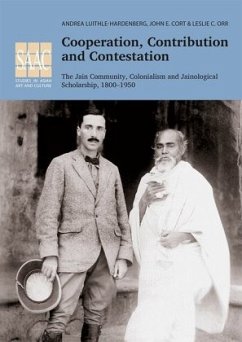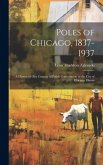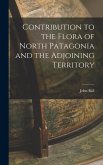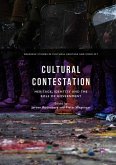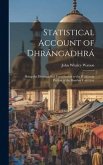The relationships of the Jains with colonial administrators, Western scholars, and missionaries between 1800 and 1950 were marked by both competition and cooperation, as they interacted in economic, political, intellectual and religious spheres. This volume traces these encounters, and also examines the contributions to the history of Jain studies made by Jain and non-Jain Indians through their collaborations with Western scholars. The book is divided into three sections. The first considers the engagement on the part of European missionaries and Orientalists, and British colonial officials, with Jains and Jainism from the eighteenth century to the early twentieth century. The second focuses on the changing dynamics of identities within the Jain community during the nineteenth century, brought about through their mercantile, entrepreneurial, philanthropic and legal activities. The final section maps the trajectory of Jainological studies undertaken by German, Italian, American and Indian scholars from the second half of the nineteenth century into the early twentieth century. Taken together, these chapters make an important interdisciplinary contribution to scholarly understanding of the Jains' situation as a religious minority.
Bitte wählen Sie Ihr Anliegen aus.
Rechnungen
Retourenschein anfordern
Bestellstatus
Storno

